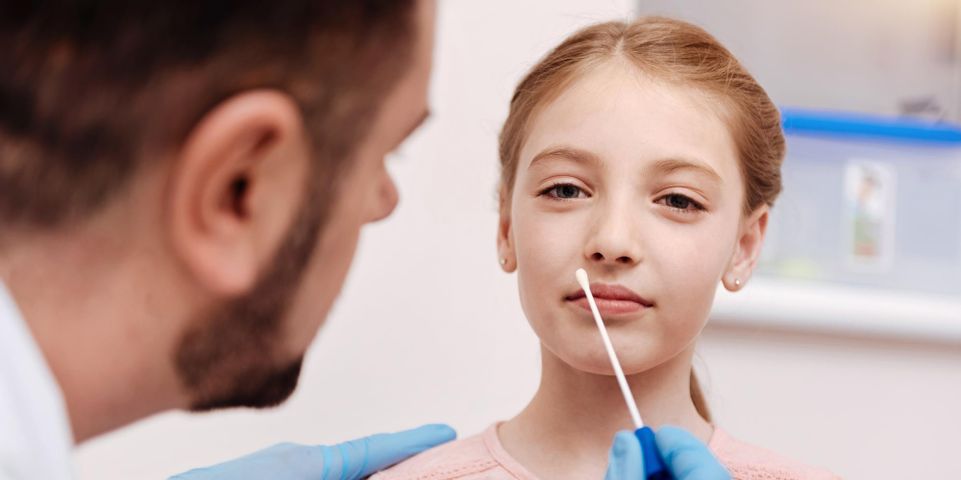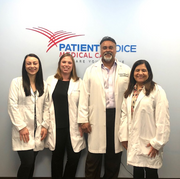
Cold sores result from a viral infection and are quite common. These clusters of tiny blisters often break out on the lips, nose, or cheeks, and are frequently mistaken for acne. While the underlying virus can't be completely cured, the symptomatic sores can be treated. If the sores don’t burst, crust, and heal within two weeks, it may be time to see a primary care physician. Otherwise, use the information below to alleviate discomfort.
What Causes Them?
Cold sores are usually caused by a herpes simplex virus (HSV-1), but can be caused by HSV-2, also called genital herpes. If you have HSV-1, you have plenty of company; around 50% of adults worldwide test positive for the HSV-1 virus, and children can get them, too.
There is currently no cure for either kind of herpes. The virus will remain dormant in your body. Many people experience periodic sore outbreaks, but some individuals are entirely asymptomatic. Outbreaks can be triggered by stress, fatigue, hormonal changes, or compromised immune systems.
How Can I Treat Them?
 In most cases, cold sores can be treated at home. Try using docosanol (Abreva®), an over-the-counter medication available at most drug stores. You can relieve symptoms with cold, damp compresses, pain relievers like acetaminophen or ibuprofen, or the application of topical painkillers with benzocaine or lidocaine. Some people prefer alternative medicine remedies, such as lysine cream, propolis ointment, and rhubarb cream.
In most cases, cold sores can be treated at home. Try using docosanol (Abreva®), an over-the-counter medication available at most drug stores. You can relieve symptoms with cold, damp compresses, pain relievers like acetaminophen or ibuprofen, or the application of topical painkillers with benzocaine or lidocaine. Some people prefer alternative medicine remedies, such as lysine cream, propolis ointment, and rhubarb cream.
If you are in a high-risk group because of a weakened immune system or your cold sore isn’t clearing up, your primary care physician can prescribe one of several antiviral drugs to help speed healing. Ask your doctor if the medication prescribed is a pill or topical cream. In general, pills are more effective.
During and after an outbreak, the risk of transmitting the virus may be higher. Avoid kissing people. Don’t share toothbrushes, lipsticks, or drinking glasses. Wash your hands often and avoid touching your eyes if you touch the cold sore, because this can cause HSV keratitis, an infection of your cornea that can lead to blindness.
If you’re concerned about a cold sore, schedule a visit with Patient Choice Medical Care in New Haven County, CT. They are focused on creating long-lasting relationships with their patients for a lifetime of good health. They provide everything from annual physical exams to management of chronic conditions. Call them at (203) 535-0262 to schedule an appointment or visit their website for more information.
About the Business
Have a question? Ask the experts!
Send your question

